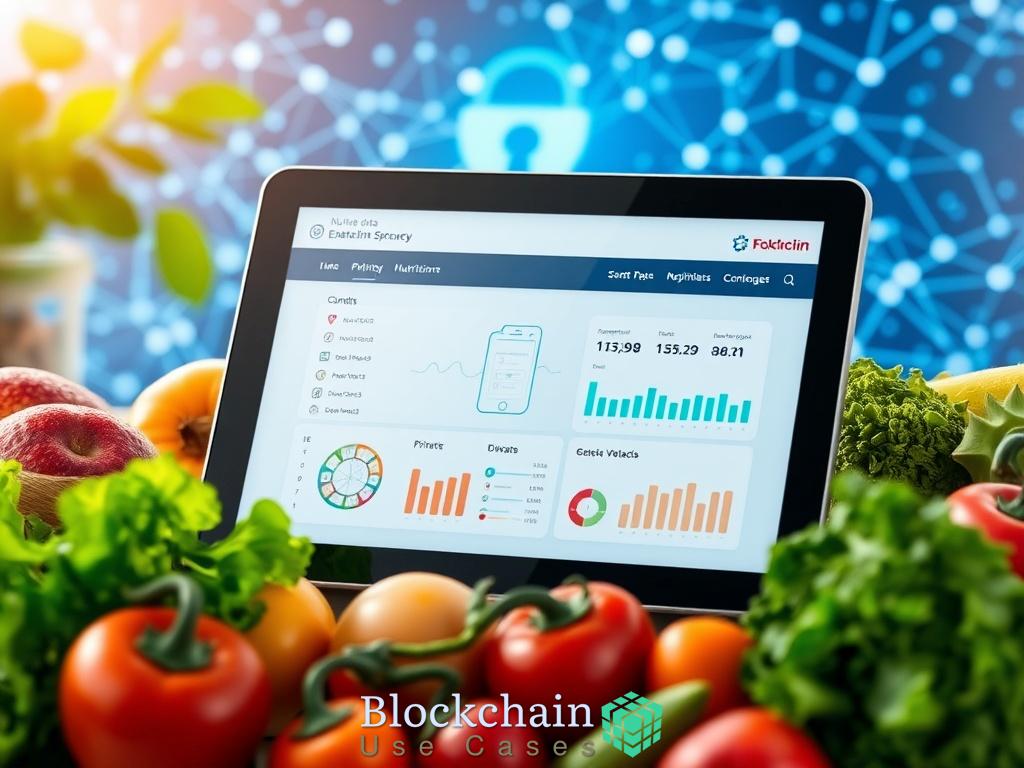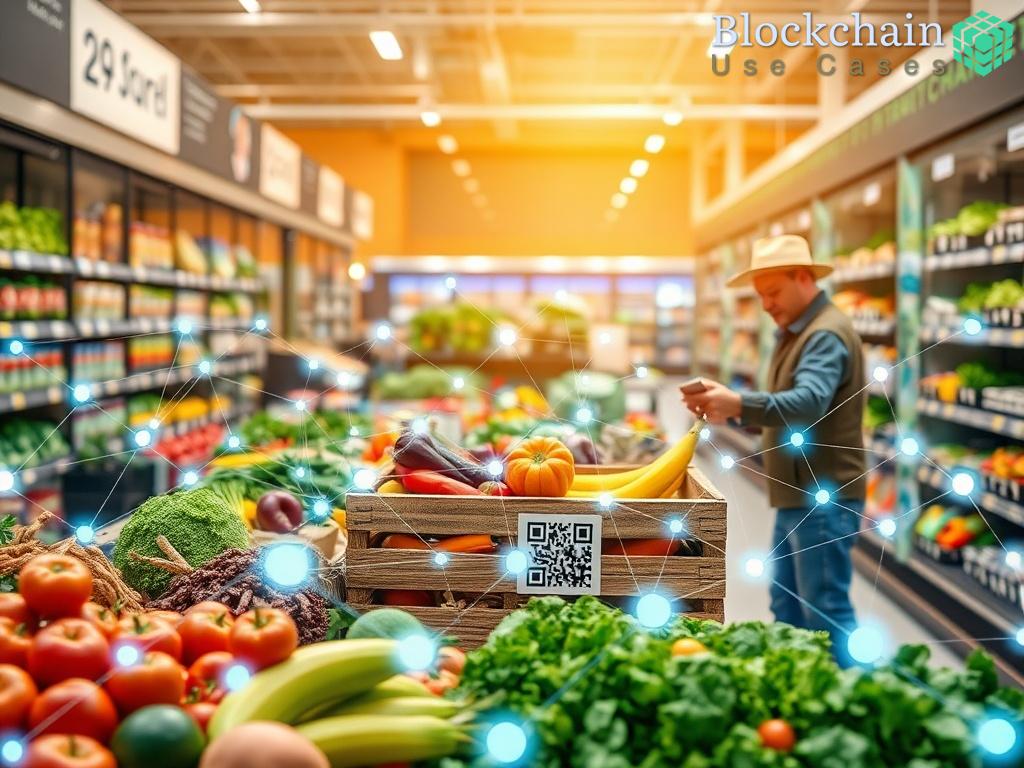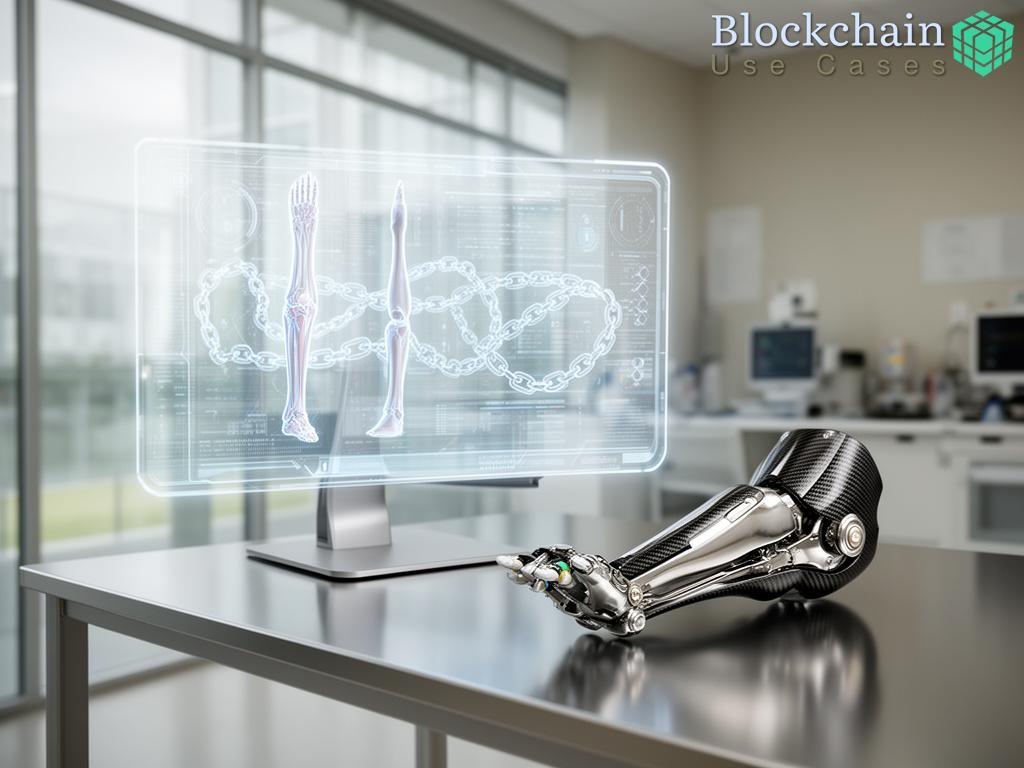Enhancing Food Traceability Through Blockchain
Revolutionizing Food Supply Chains
The advent of blockchain technology is set to transform the food supply chain landscape by enhancing transparency and accountability. With increasing consumer demand for food safety and quality assurance, blockchain serves as a pivotal tool in documenting every step of the food journey—from farm to table. This decentralized ledger technology not only provides a secure way to track food products but also empowers consumers with verifiable information about the provenance of their food.
Key Benefits of Blockchain in Food Traceability
Implementing blockchain technology in food traceability brings forth a myriad of advantages. These benefits extend beyond mere tracking and can significantly impact consumer trust and brand loyalty. Below is a list of key benefits that highlight how blockchain enhances food traceability:
- Transparency: Every transaction is recorded on a public ledger, allowing all stakeholders to access real-time data about food products.
- Accountability: With each participant in the supply chain held accountable for their actions, the likelihood of fraud and foodborne illnesses is reduced.
- Speed: Blockchain enables quicker information retrieval, which is crucial during food recalls, thus minimizing health risks.
- Consumer Confidence: Shoppers can scan QR codes to verify the authenticity and safety of their purchases, enhancing their trust in brands.
Real-World Applications of Blockchain in Food Traceability
Several companies are already harnessing the power of blockchain to improve their food traceability systems. By implementing blockchain solutions, businesses can not only streamline their operations but also differentiate themselves in a competitive market. Below is a table showcasing some notable examples:
| Company | Application | Impact |
|---|---|---|
| Walmart | Tracking produce from farm to store | Reduced food recalls from 7 days to 2.2 seconds |
| IBM Food Trust | Connecting various stakeholders | Enhanced transparency and efficiency across the supply chain |
| Unilever | Monitoring sourcing of sustainable ingredients | Improved brand reputation and customer loyalty |
Privacy and Security in Nutritional Data Management

As the world becomes increasingly data-driven, the importance of safeguarding nutritional and dietary data cannot be overstated. With blockchain technology emerging as a viable solution, it is reshaping how personal health information is stored and shared. The decentralized nature of blockchain not only enhances the integrity of nutritional data but also fortifies the privacy measures essential for users who are becoming more conscious about their data security.
In an era where data breaches are alarmingly frequent, the utilization of blockchain technology offers a significant advantage by ensuring that nutritional data is encrypted and tamper-proof. This means that individuals can take control of their dietary information, allowing them to selectively share details with healthcare providers, nutritionists, or wellness applications, without the fear of unauthorized access. Moreover, the immutable nature of blockchain means that once data is entered, it cannot be altered or deleted, which further secures the authenticity of the nutritional records.
Privacy concerns are paramount in nutritional data management, especially as consumers become more aware of how their health information is used. Blockchain addresses these concerns through the use of smart contracts, which automate and enforce agreements without the need for intermediaries. For instance, users can set specific conditions under which their data can be accessed or analyzed. This not only empowers users but also builds trust between them and the organizations that require access to their nutritional data.
Decentralized Platforms for Dietary Information Sharing
The evolution of dietary information sharing is being profoundly influenced by the integration of decentralized platforms powered by blockchain technology. As individuals become increasingly proactive about their health, the demand for secure, transparent, and user-controlled data sharing mechanisms is rising. These platforms not only facilitate the direct exchange of nutritional data between users and healthcare professionals but also foster a collaborative environment where users can contribute to and benefit from a collective knowledge base regarding dietary practices.
By employing decentralized networks, users can share their nutritional information without relying on a central authority, which often poses risks of data breaches and misuse. Each transaction or data exchange is recorded on a public ledger, ensuring that all interactions are not only transparent but also verifiable. This transparency enhances accountability among participants, as all parties involved can trace the origins and modifications of the data. Users can now confidently share their dietary habits, preferences, and health indicators, knowing that their information is safeguarded.
The Role of Smart Contracts in Data Sharing plays a crucial part in this decentralized ecosystem. Smart contracts allow users to set specific parameters regarding how and when their data can be accessed. For instance, an individual may choose to share their dietary data with a nutritionist only during a specific period or under particular conditions, ensuring greater control over their personal information. This not only elevates privacy standards but also enhances trust between users and service providers, creating a more personalized healthcare experience.
Moreover, the ability to collaborate and aggregate data through decentralized platforms can lead to significant advancements in nutritional science. Users can voluntarily contribute their data to research initiatives or community health projects, leading to insights that benefit the broader population. Such collaborative efforts can drive innovations in dietary recommendations and public health strategies, ultimately resulting in improved health outcomes across communities.
The future of dietary information sharing lies in these decentralized platforms, where users are empowered to take charge of their nutritional data. As blockchain technology continues to mature, it paves the way for a more interconnected, secure, and user-centric approach to managing dietary information, significantly enhancing the overall landscape of nutritional health management.
Smart Contracts and Automated Nutritional Compliance
The convergence of blockchain technology and smart contracts is revolutionizing the realm of nutritional compliance, creating a new paradigm for how dietary guidelines and health regulations are enforced. Through automated processes, smart contracts have the potential to streamline compliance checks, ensuring that individuals and organizations adhere to prescribed dietary standards without the burden of manual oversight. This innovation not only enhances operational efficiency but also fortifies accountability across the nutritional landscape.
Smart contracts operate on predefined rules written directly into the blockchain, allowing for real-time monitoring and verification of dietary practices. For instance, a nutritionist can establish a contract that stipulates specific dietary goals for a patient. As the patient logs their meals through a decentralized application, the smart contract automatically evaluates the data against the agreed-upon guidelines. If the dietary intake meets the criteria, the patient is rewarded with incentives, such as discounts on health products or services.
This automated approach to nutritional compliance significantly reduces the likelihood of human error and fosters a culture of responsibility. By eliminating the need for manual data entry and verification, smart contracts ensure that compliance is not only achievable but also sustainable over time. The transparency inherent in blockchain technology means that all interactions are recorded, creating an immutable audit trail that can be used for future reference or regulatory purposes.
Moreover, the integration of smart contracts can lead to a more personalized experience in dietary management. Users can tailor their contracts to reflect their unique nutritional needs and preferences, allowing for a customized approach that promotes adherence and fosters better health outcomes. This adaptability is crucial in a world where one-size-fits-all solutions often fall short of meeting individual dietary requirements.
Furthermore, as the landscape of nutritional data management evolves, the collaboration between healthcare providers, nutritionists, and patients becomes increasingly vital. Smart contracts can facilitate this collaboration by enabling secure data sharing, allowing all parties to access real-time information regarding dietary compliance. This creates a holistic view of an individual’s nutritional journey, empowering stakeholders to make informed decisions that positively impact health outcomes.
Blockchain’s Role in Personalized Nutrition Services
The integration of blockchain technology into personalized nutrition services is a game-changer for both consumers and health professionals. By providing a secure and transparent framework for managing dietary data, blockchain empowers individuals to take charge of their nutritional choices while ensuring that health providers can offer tailored recommendations based on accurate information. This innovative approach not only enhances the personalization of dietary plans but also fosters a deeper understanding of individual health needs.
Tailored Nutritional Insights with Blockchain
Utilizing blockchain for personalized nutrition allows for the accumulation and analysis of vast amounts of dietary data, leading to insights that are specifically tailored to each individual. This data-driven approach enables nutritionists and healthcare providers to craft customized meal plans that align with a person’s health objectives, preferences, and dietary restrictions.
Enhancing User Engagement Through Accountability
Accountability is crucial in achieving nutritional goals, and blockchain technology enhances this aspect by creating an immutable record of dietary habits. Users can log their meals and nutrition-related activities, and smart contracts can be employed to provide real-time feedback and incentives for compliance. This engagement not only promotes adherence to dietary plans but also fosters a sense of responsibility as users can see the direct correlation between their choices and health outcomes.
Key Advantages of Blockchain in Personalized Nutrition
Below are some notable benefits of integrating blockchain into personalized nutrition services:
- Data Ownership: Individuals retain control over their nutritional data, determining who can access it and under what conditions.
- Interoperability: Blockchain enables seamless data sharing between users and various health professionals, enhancing collaboration and the overall effectiveness of personalized nutrition plans.
- Enhanced Privacy: With encrypted data storage, users can confidently share sensitive dietary information without the fear of breaches.
- Real-time Adjustments: Nutrition professionals can monitor progress and make immediate adjustments to dietary recommendations based on logged data.
As blockchain technology continues to evolve, its role in personalized nutrition services is expected to expand, paving the way for a healthier, more informed population. The potential for innovation in this space is vast, promising a future where personalized nutrition is not just a service but a fundamental aspect of everyday health management.





